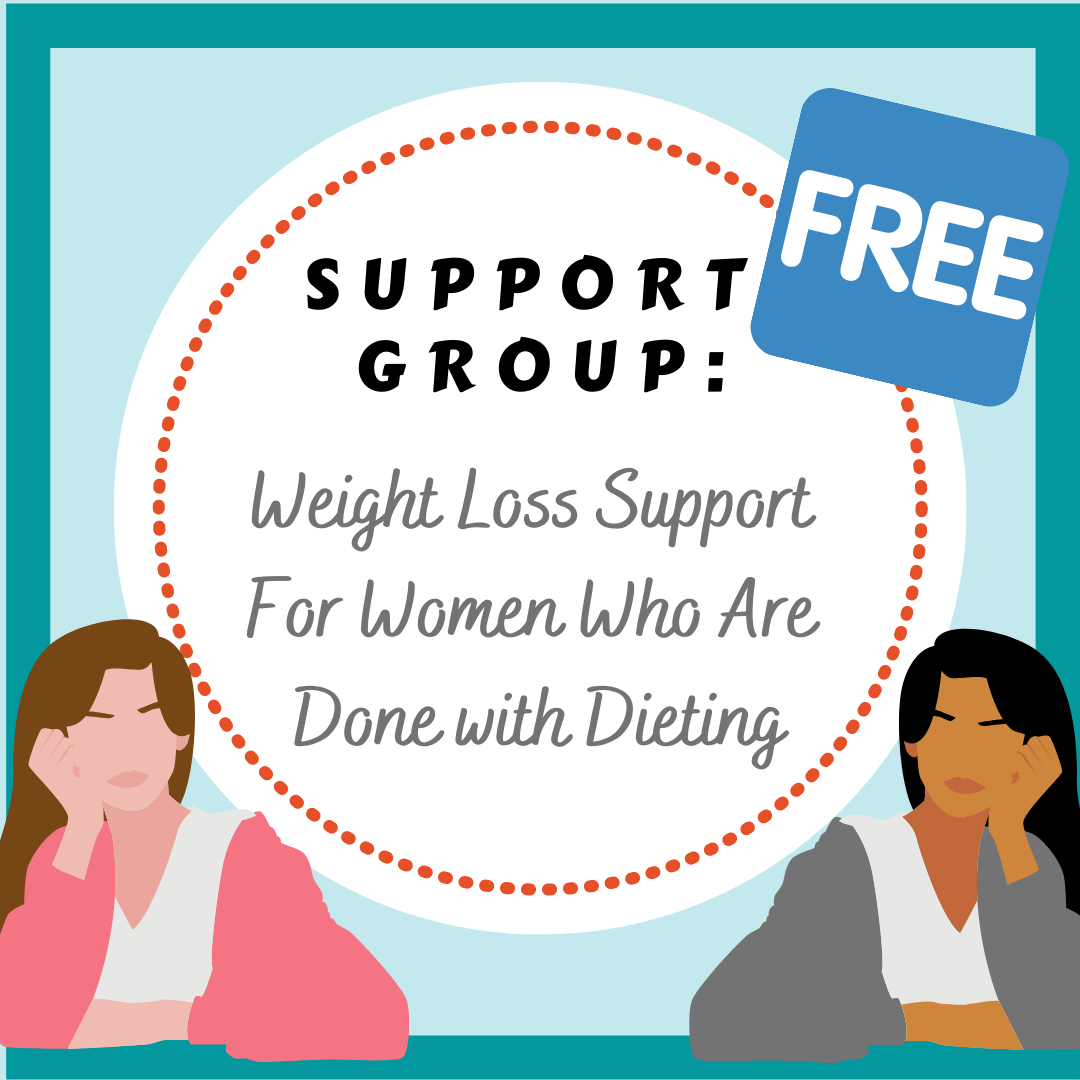 You may not be aware of this, but milk consumption is a very controversial topic amongst the health care community. As a Registered Dietitian, I was initially taught that lower fat dairy products are fine in moderation and are needed for growing children and people with Osteoporosis. Now as a more experienced nutritionist, I never recommend milk, especially to adults. Multi-millions are spent on marketing and they have been hugely successful in brainwashing Americans. You may be shocked to hear that milk and most dairy products are nearly impossible to absorb and are known to cause disease.
You may not be aware of this, but milk consumption is a very controversial topic amongst the health care community. As a Registered Dietitian, I was initially taught that lower fat dairy products are fine in moderation and are needed for growing children and people with Osteoporosis. Now as a more experienced nutritionist, I never recommend milk, especially to adults. Multi-millions are spent on marketing and they have been hugely successful in brainwashing Americans. You may be shocked to hear that milk and most dairy products are nearly impossible to absorb and are known to cause disease.
Why is milk potentially harmful to our health?
Reason #1: Our cows and their milk production have changed drastically through the years. Basically our milk is becoming as processed as a twinkie (well maybe not that bad).
Homogenization: A filtration process used to blend the fat so it does not separate. Many scientists are weary of this process because the fat molecules (attached to a damaging enzyme) are now small enough to pass into the bloodstream and plaster themselves on the arteries causing heart disease.
Pasteurization: This purification process is meant to protect us from infectious diseases, however it also destroys essential enzymes and vitamin content by over 50 percent. This depletion is so great that baby calves fed pasteurized milk die within 60 days.
Excess Hormones: In 1994, the FDA approved the use of bovine growth hormone, BGH, a genetically-engineered hormone that increases milk production. BGH is banned in Canada and Europe for good reason. The use of BGH is linked to persistent infection of the cow’s udders, which leads to pus in the milk and increased use of antibiotics. Recent studies have found a seven-fold increase in the risk of breast cancer in women and a four-fold increase in prostate cancer in men where high levels of the growth factor were found.
Reason #2: Human adult bodies are not meant to digest and absorb milk.
Lactose Intolerance: It is estimated that only 30% of the world’s adult population can digest the sugar in milk (Lactose).
Casein Intolerance: Casein, milk protein, is one of the hardest proteins for the human body to digest. Many people are allergic to casein and do not know it.
What are the potential side effects?
The most common side effect that I see with my clients is increased mucus production with a higher frequency of sinus/ear infections. Milk and dairy products are acid-forming so they create the perfect environment for disease growth. The list of problems that have been associated with the consumption of dairy includes iron deficiency anemia, allergies, diarrhea, heart disease, colic, cramps, gastrointestinal bleeding, sinusitis, skin rashes, acne, arthritis, diabetes, ear infections, osteoporosis, asthma, and autoimmune diseases.
How is it possible that dairy consumption can cause Osteoporosis?
The US has the highest consumption of dairy products in the world and also has the highest incidence of bone fractures and osteoporosis in the world??? Calcium is stored in our bones and when blood mineral levels are low, calcium is released from the bones. A bad diet, including processed foods & milk products, excess meat, caffeine, and alcohol, create a low pH or acid environment in the blood. Calcium is stripped from the bones to neutralize acid in the blood. Therefore, Osteoporosis is linked to poor lifestyle and dietary habits, which include consumption of processed dairy products.
What are some safer alternatives?
If you or a family member has persistent excess mucus and sinus/ear infections, try eliminating all dairy products for at least 1 month. You will be amazed at the results.If you are hesitant to eliminate all dairy from your household, here are some safer and realistic alternatives.
Organic: If you use milk for your family, definitely buy organic milk! It is less processed because it does not contain any artificial hormones or antibiotics.
Fermenting: Fermented dairy products, like yogurt, kefir, and unprocessed cheeses, contain good bacteria that aid in digestion. Therefore, yogurt, kefir, and unprocessed cheeses are better tolerated and absorbed over milk and ice cream, which do not contain any beneficial bacteria.
Non-Animal Milks: My favorites are unsweetened almond and coconut milk. Also available are rice, hemp, oat, and soy. However, most of these are high in sugar.
Other animal dairy: Goat, sheep, and buffalo dairy products contain low amounts of casein, which is a hard to digest protein found primarily in cow dairy. If you are a cheese lover, aim to get a variety of cheeses from different animals.
Raw: Raw milk and dairy products contain lots of good bacteria, unlike Pasteurized milk, so it is absorbed better.
Non-dairy calcium sources: Aim for a diet with lots of green leafy vegetables, such as collards, kale and spinach.
















Leave a Reply